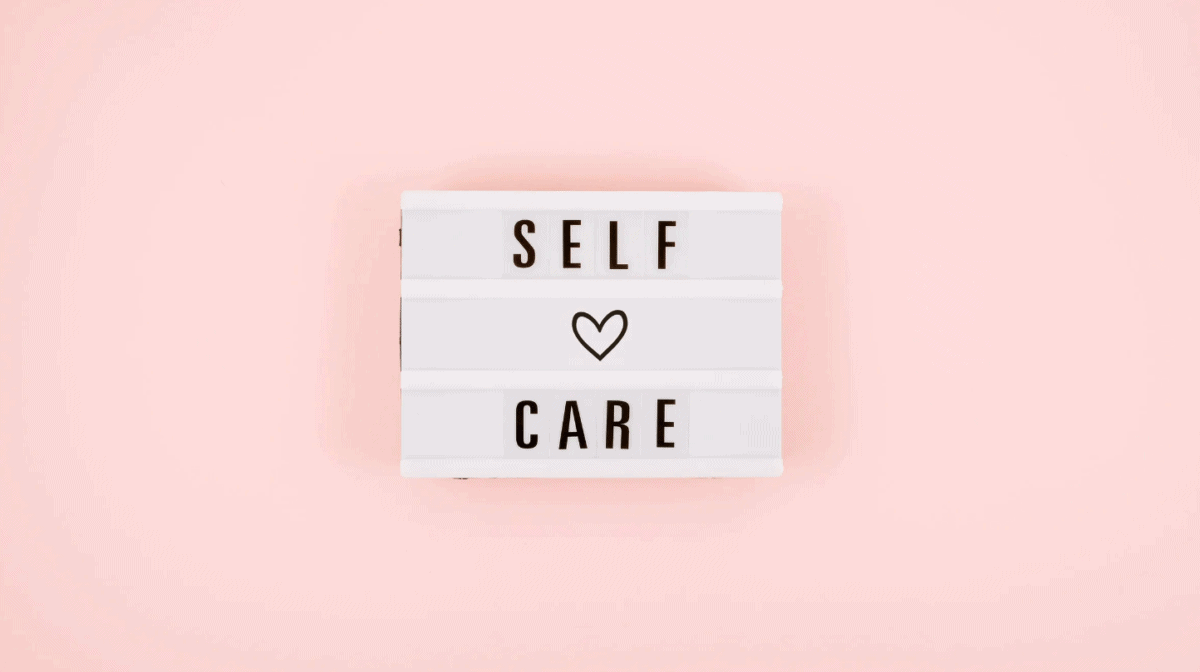How often do you take a break from your day-to-day commitments to take care of and boost your mental well-being? We bet many of you might say “Not much.”
Let’s be real: we live in a world where there are tons of responsibilities on our shoulders. From household chores to work commitments and managing social life, things can get a bit stressful at times.
Amid juggling between these responsibilities, we get less or no time to indulge in some self-care practices for our mental well-being. But prioritizing self-care is extremely important. Not only does it manage mental health problems, but also prevents some problems from getting worse.
So, if you’re feeling a bit stressed due to any reason, then we’ve got you covered! In this article, we’ll discuss some easy self-care tips that can help you boost your mental well-being and live a happier and healthier life. So, let’s begin:
Get Restful Sleep
Adequate sleep isn’t only good for your physical health. It plays a key role in enhancing your mental well-being, too. In fact, a study has revealed that adults getting 7-9 hours of sleep per night are 20% less likely to report high stress levels compared to those consistently sleeping less.
Lack of sleep, on the other hand, can affect your mental health in several ways. It impairs cognitive performance, reducing attention span and problem-solving abilities by up to 30%. Moreover, chronic sleep disturbances elevate the risk of developing psychiatric disorders, emphasizing the vital role sleep plays in maintaining a healthy mind.

To get restful sleep, you can try these easy habits:
- Try to avoid drinking coffee in the late evening
- Create a comfortable sleep environment
- Try to wake up and go to sleep daily at the same time
- Maintain a comfortable room temperature.
However, if you still struggle to get restful sleep at night, then it is wise to consult a doctor immediately.
Spend Some Time Outdoors
Whether it is going for a short walk in the park or hiking up the mountains, spending some time outdoors can work wonders for your mental health. This is a simple self-care strategy that can distract you from certain things and clear your mind.
Next time, whenever you feel stressed, consider going out with your children or pet dog in the park and spending some quality time. No matter if it is hot or cold outside, spend some time outside of your house or apartment.
Consult a Doctor
If your stress persists, then it is wise to consult a doctor. They can diagnose and identify any underlying conditions.
Sometimes, stress and anxiety can be due to low testosterone levels. Testosterone is a hormone that belongs to a group of male sex hormones called androgens. It plays a crucial role in the development and maintenance of male reproductive tissues, including the testes and prostate.
Over time, it can get on the lower side, which is also known as hormonal imbalance. To balance the hormone levels, your doctor will advise you to undergo testosterone replacement therapy.
The benefits of testosterone replacement therapy go beyond just improving your mental health. It can also improve mood, increase energy levels, enhance libido, and better cognitive function.
In addition to medical treatment, seeking professional support through therapy can help you manage stress more effectively. Centers like Creative Minds Psychotherapy in Los Angeles, CA, offer personalized approaches that address both emotional and psychological well-being.
However, the decision to undergo TRT should be individualized, considering potential risks and benefits.
Unplug From Technology
Modern technology and devices have become a crucial part of our daily lives. It is almost impossible to imagine a world without these technologies. While using these technologies is great, it can also wreak havoc on your mental health.
According to a study, individuals spending more than 7 hours per day on screens have shown a 60% higher risk of reporting symptoms indicative of depression. Also, people using screens before bedtime, exceeding 2 hours, exhibit a 40% increased risk of sleep-related depression symptoms.
So, another self-care tip is to unplug from all your devices and engage in some other activities like reading a book, spending time in nature, or practicing a hobby.

Connect with Others
Connecting with others is a cornerstone of mental well-being, fostering a sense of belonging and emotional support. Research indicates that individuals with strong social ties have a 50% lower risk of experiencing depression.
Nurturing relationships with family, friends, and communities not only provides a source of joy but also acts as a protective factor against stress and anxiety. Engaging in open communication and shared experiences enhances emotional resilience, reducing feelings of isolation.
Meaningful connections contribute to a support network, offering encouragement during challenging times.
Boost Your Mental Well-being -Wrapping Up
Prioritizing mental well-being is an ongoing journey that involves incorporating small, positive habits into your daily routine.
Eating healthy foods, seeking professional help, exercising regularly, taking massages, and getting adequate rest are some other self-care tips to follow.


